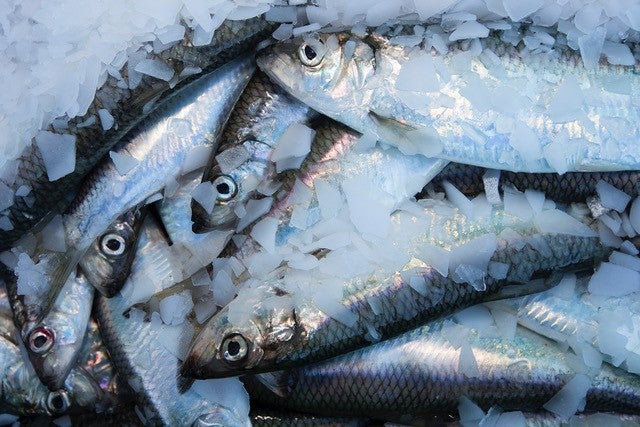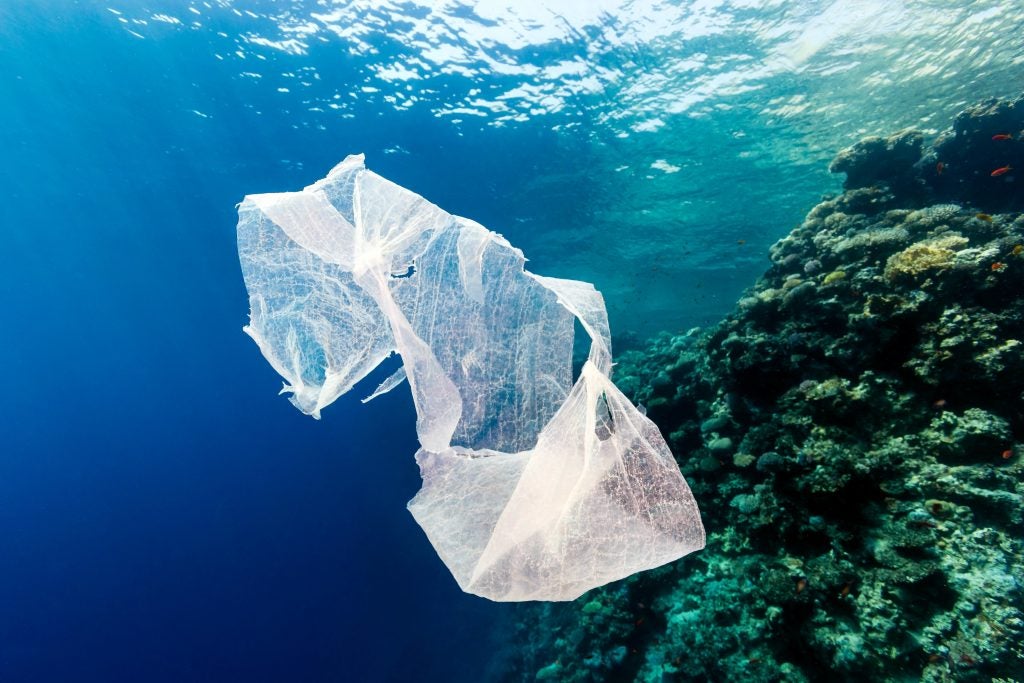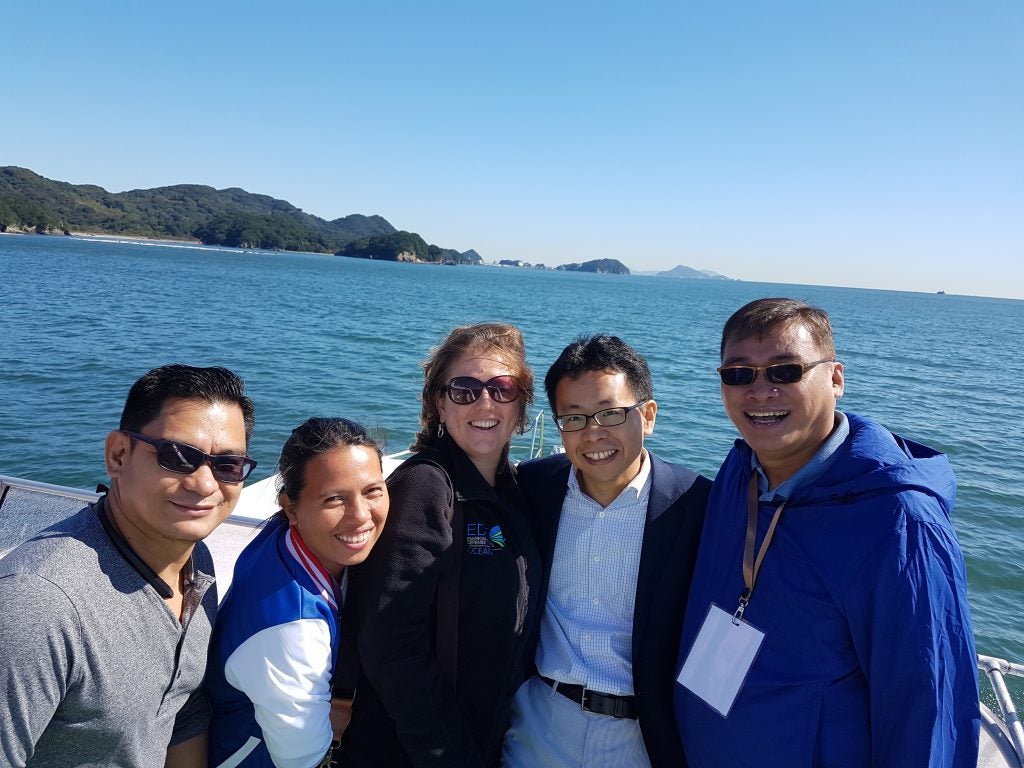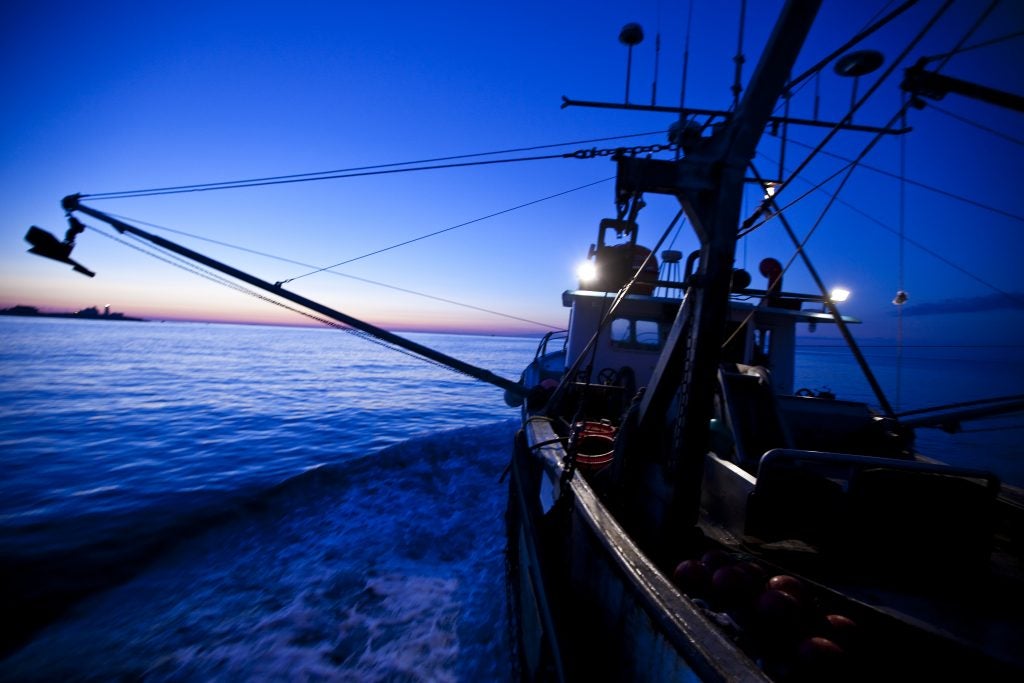Europe is already witnessing first-hand shifts in commercially important species such as mackerel, herring and cod. The International Council for the Exploration of the Seas (ICES) recently documented that 16 out of 23 key commercial species in European waters are shifting management areas, with eight of these species moving outside their historic zones.
The North East Atlantic is not immune to the shifts caused by climate change. These waters are home to some of Europe’s most sustainable fisheries as well as complex, highly developed scientific and governance systems. With these complex systems and challenges in mind, the European community is coming together to understand and find effective solutions to the problems being caused by climate change in their fisheries. To spur collaborative action, EDF released a new report outlining tools and approaches to address climate change impacts already being felt in the North East Atlantic region. Read More













 While there are always major differences between fisheries that make some aspects of learning challenging or even inapplicable, we want people to recognize and appreciate the uniqueness of ones fishery. There is not a “one size fits all” approach to managing fisheries because each fishery has its own set of characteristics based on the history of the fishery, culture of the area, species composition, governance structure, resources, and most importantly fishers and their accustomed fishing practices. These exchanges are an opportunity to share experiences with others and to learn from each other about new and different approaches that can be adopted to improve fisheries management.
While there are always major differences between fisheries that make some aspects of learning challenging or even inapplicable, we want people to recognize and appreciate the uniqueness of ones fishery. There is not a “one size fits all” approach to managing fisheries because each fishery has its own set of characteristics based on the history of the fishery, culture of the area, species composition, governance structure, resources, and most importantly fishers and their accustomed fishing practices. These exchanges are an opportunity to share experiences with others and to learn from each other about new and different approaches that can be adopted to improve fisheries management. Speakers included scientists, managers, and a commercial fisherman and covered a geographic range from Florida to Alaska. Some of the speakers approached the subject with experience that extended back to well into the previous versions of the Act.
Speakers included scientists, managers, and a commercial fisherman and covered a geographic range from Florida to Alaska. Some of the speakers approached the subject with experience that extended back to well into the previous versions of the Act.